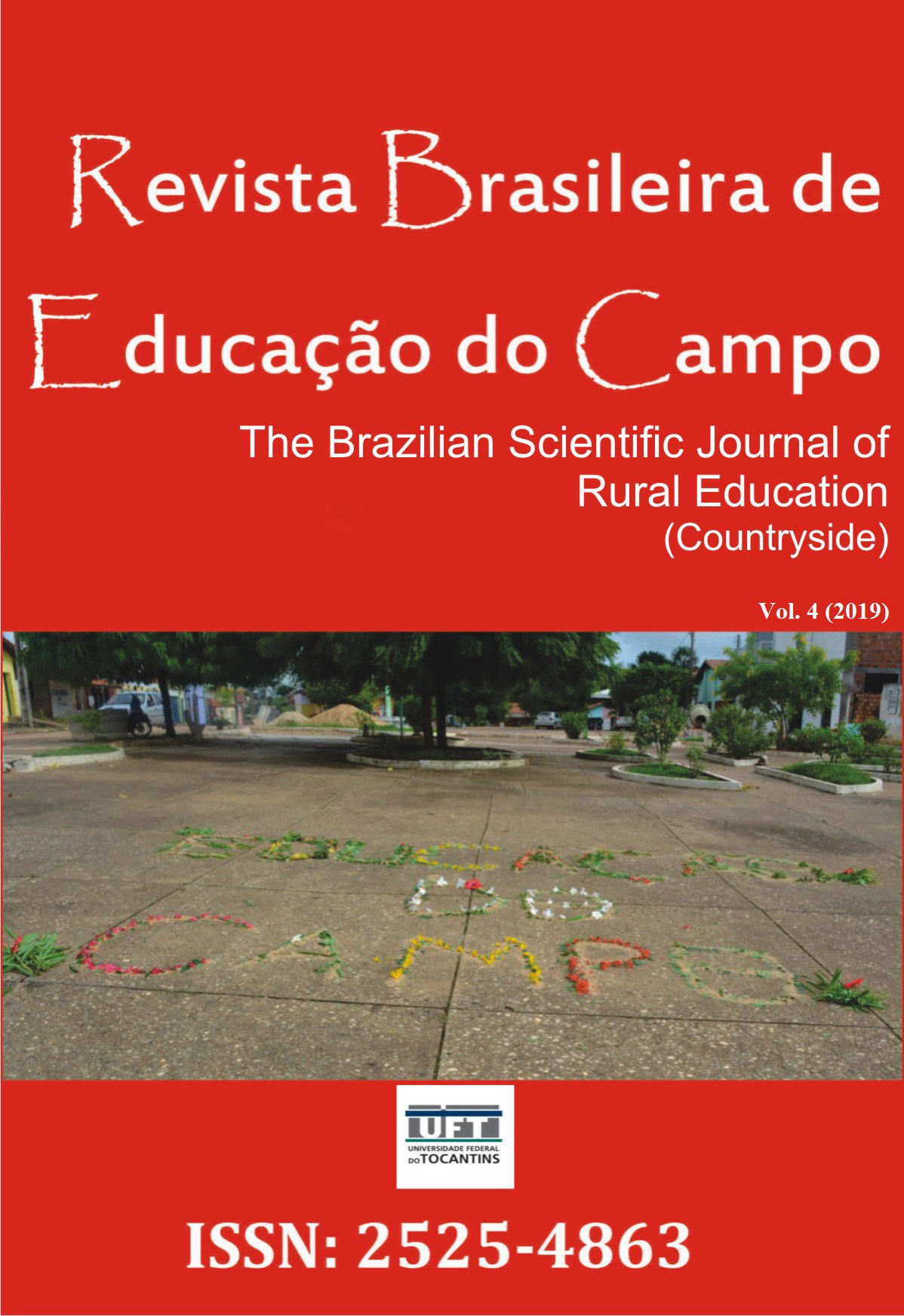Use of ICTs by High School students in rural schools
DOI:
https://doi.org/10.20873/uft.rbec.v4e5407Abstract
ABSTRACT. Education in Brazil has many issues to be solved, especially regarding diversities, such as Rural Education, which has long been emphasized as a way to improve education for rural subjects. When we turn our attention to the use of Information and Communication Technologies (ICT’s), we realize that many are the necessary advances so that the rural people have the ideal access and that this helps in the process of teaching/learning of the students. In this perspective, the present work focused on the search for information about the knowledge and the use of ICT’s by students of the third high school series of public schools located in settlements in the city of Rio Bonito do Iguaçu - Paraná, through the application of questionnaire on the use of new technologies for the teaching/learning process. The main results point to the need for a direction towards the using of ICT’s by the students, since the school has a fundamental role in the access to information by the students inserted in the rural environment, thus seeking the advancement in the quality of teaching.
Downloads
Veröffentlicht
Zitationsvorschlag
Ausgabe
Rubrik
Lizenz
Creative Commons Attribution License
Creative Commons Attribution License
Proposal for Copyright Notice Creative Commons
1. Policy Proposal to Open Access Journals
Authors who publish with this journal agree to the following terms:
A. Authors retain copyright and grant the journal right of first publication with the work simultaneously licensed under the Creative Commons Attribution License that allows sharing the work with recognition of its initial publication in this journal.
B. Authors are able to take on additional contracts separately, non-exclusive distribution of the version of the paper published in this journal (ex .: publish in institutional repository or as a book), with an acknowledgment of its initial publication in this journal.
C. Authors are permitted and encouraged to post their work online (eg .: in institutional repositories or on their website) at any point before or during the editorial process, as it can lead to productive exchanges, as well as increase the impact and the citation of published work (See the Effect of Open Access).














